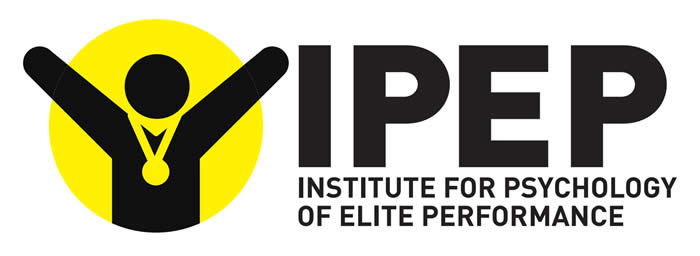Psychophysiology
Psychophysiological research uses objective physiological measures such as brain imaging to advance our understanding of psychological processes. Researchers across IPEP are employing state-of-the art psychophysiological techniques to provide a more comprehensive understanding of existing concepts and to generate new breakthroughs in knowledge across all of our core research specialisms.
Example Publications
Mottola, F., Blanchfield, A., Hardy, J., & Cooke, A. (2021). EEG Neurofeedback Improves Cycling Time to Exhaustion. Psychology of Sport and Exercise, 55, [101944]. https://doi.org/10.1016/j.psychsport.2021.101944
Bellomo, E., Cooke, A., Gallicchio, G., Ring, C., & Hardy, J. (2020). Mind and body: Psychophysiological profiles of instructional and motivational self-talk. Psychophysiology, 57(9), [e13586]. https://doi.org/10.1111/psyp.13586
Ryu, D., Cooke, A., Bellomo, E., & Woodman, T. (2020). Watch out for the hazard! Blurring peripheral vision facilitates hazard perception in driving. Accident Analysis and Prevention, 146, [105755]. https://doi.org/10.1016/j.aap.2020.105755
Gallicchio, G., & Ring, C. (2019). Don’t look, don’t think, just do it! Towards an understanding of alpha gating in a discrete aiming task. Psychophysiology, 56(3), [e13298]. https://doi.org/10.1111/psyp.13298
Gallicchio, G., Cooke, A., & Ring, C. (2017). Practice makes efficient: Cortical alpha oscillations are associated with improved golf putting performance. Sport, Exercise, and Performance Psychology, 89-102. https://doi.org/10.1037/spy0000077
Cooke, A., Kavussanu, M., Gallicchio, G., Willoughby, A., McIntyre, D., & Ring, C. (2014). Preparation for action: Psychophysiological activity preceding a motor skill as a function of expertise, performance outcome, and psychological pressure. Psychophysiology, 51(4), 374-384. https://doi.org/10.1111/psyp.12182

